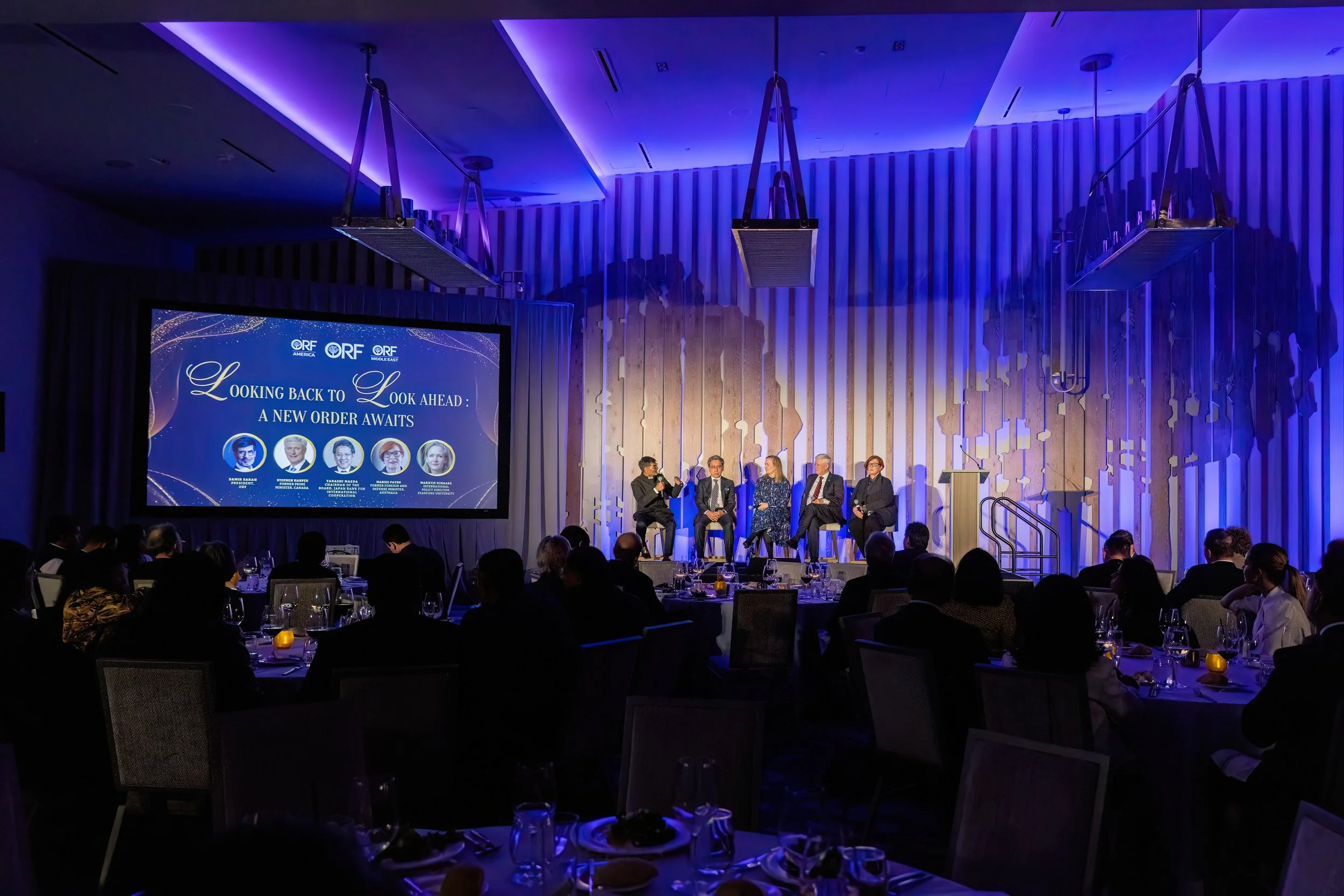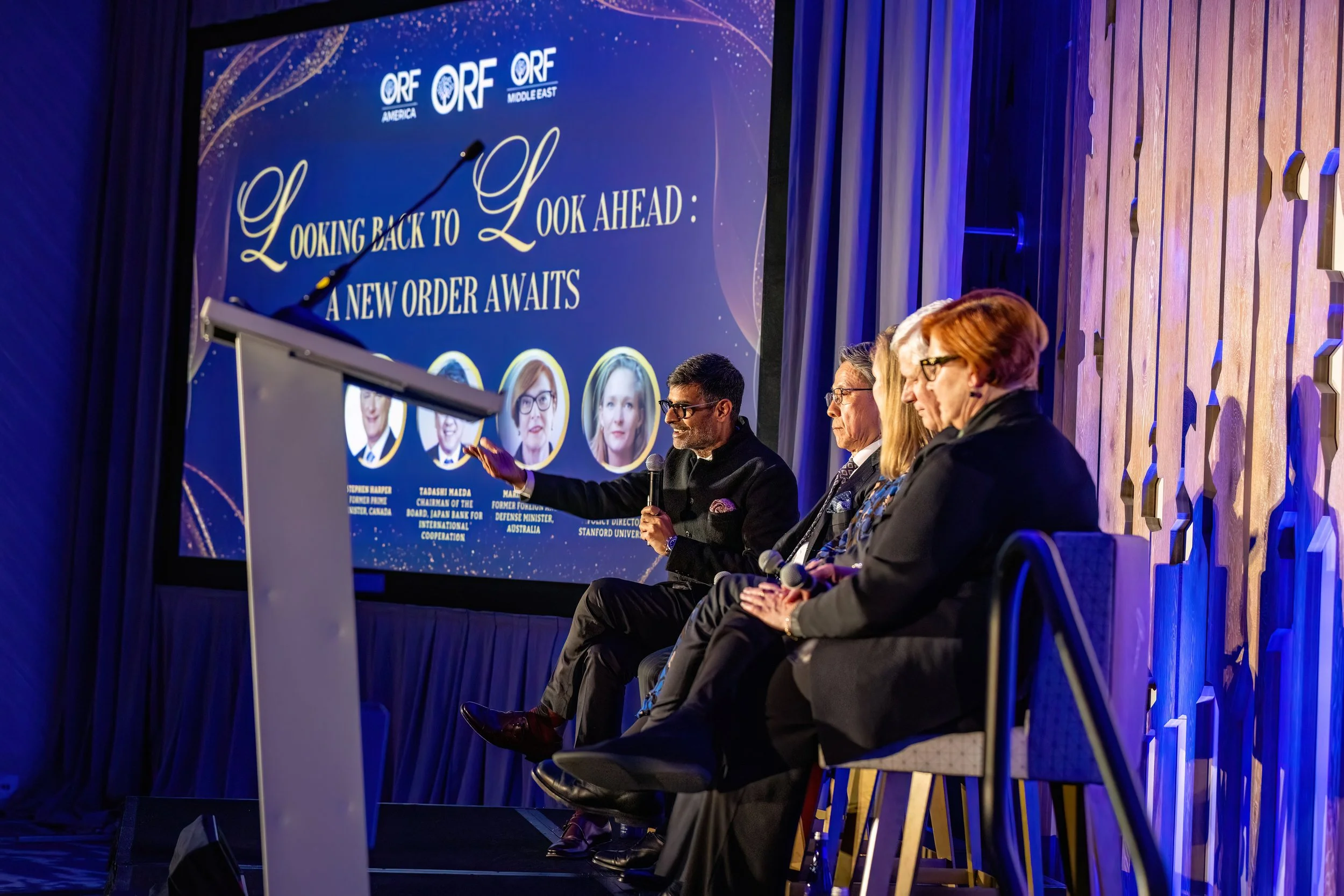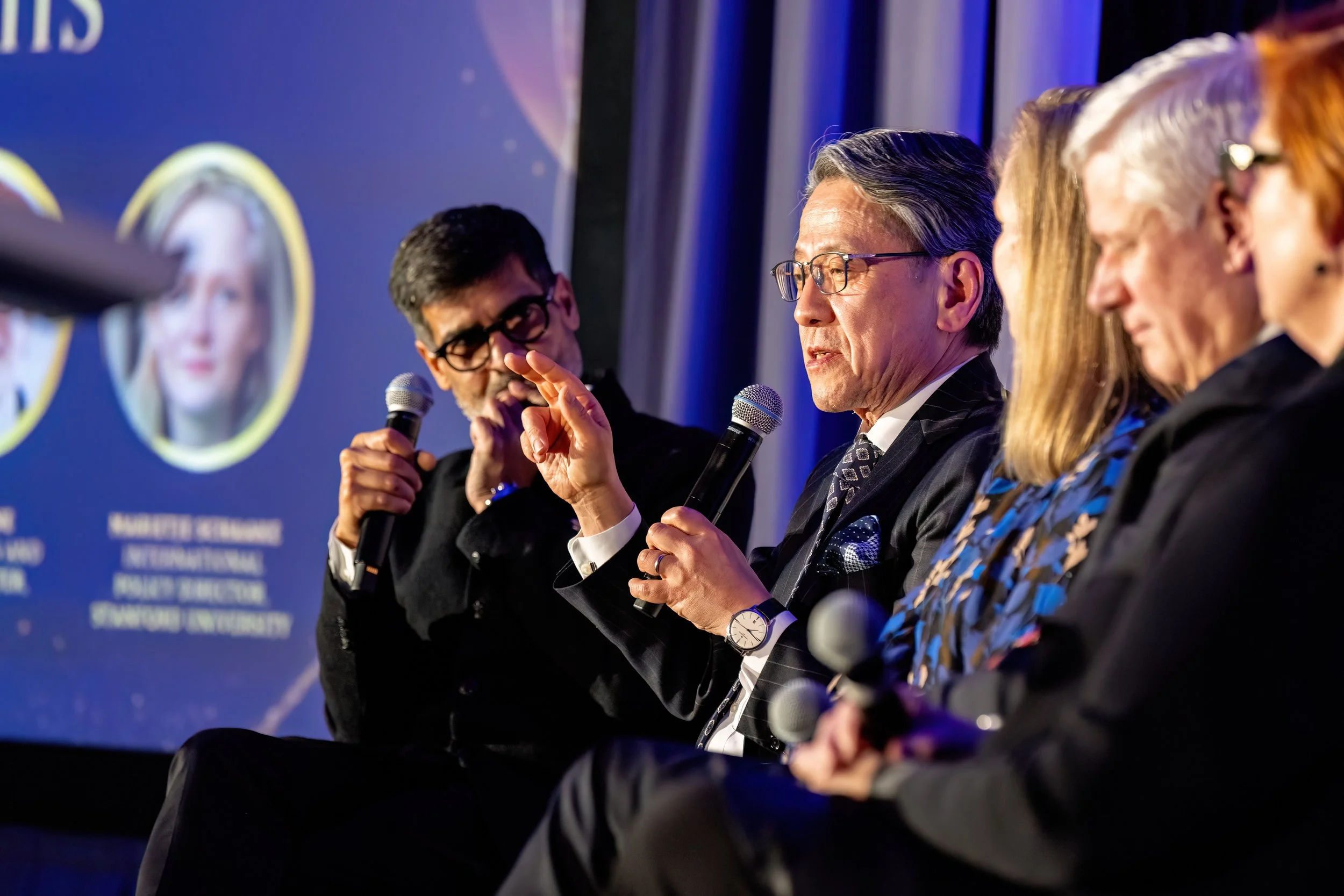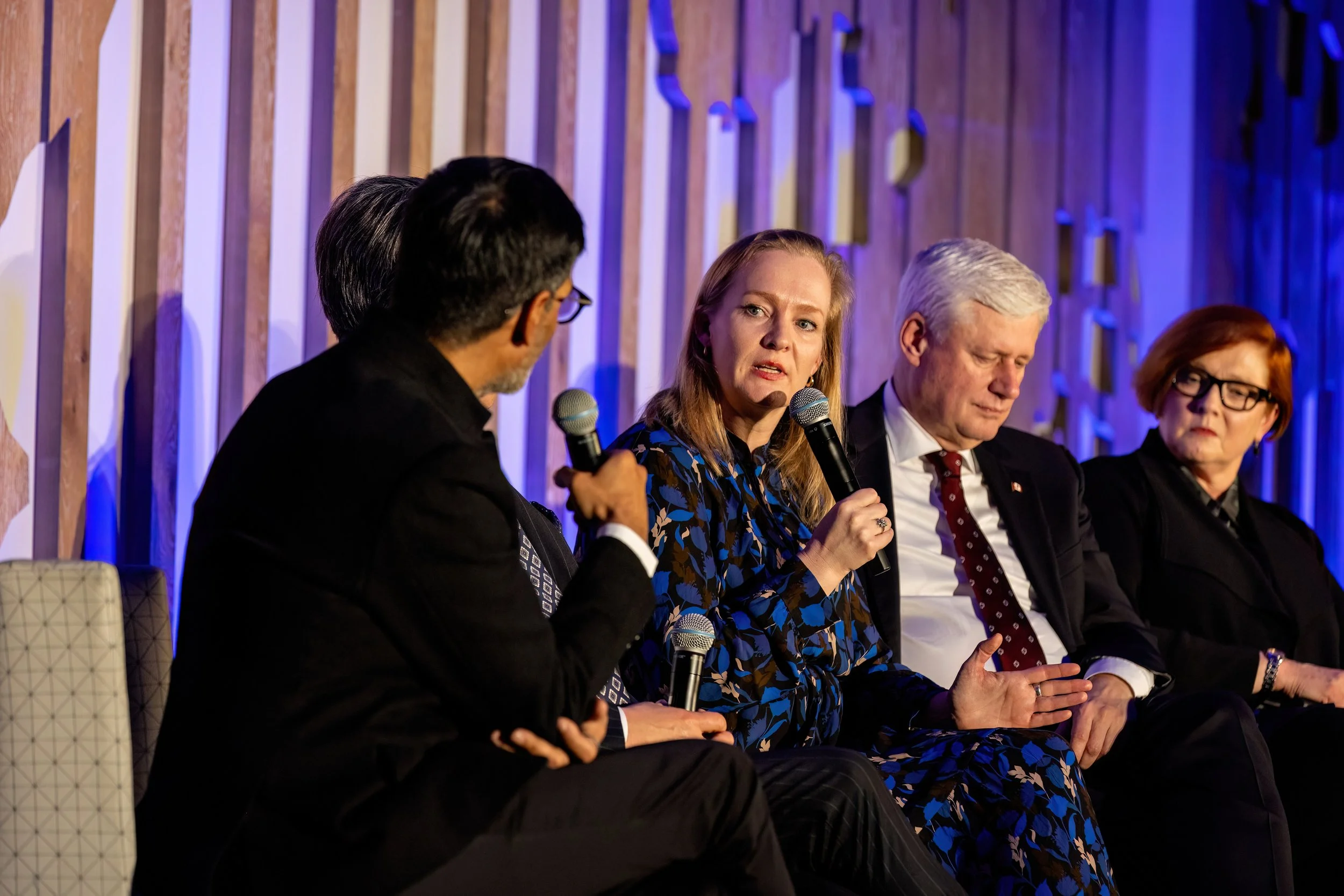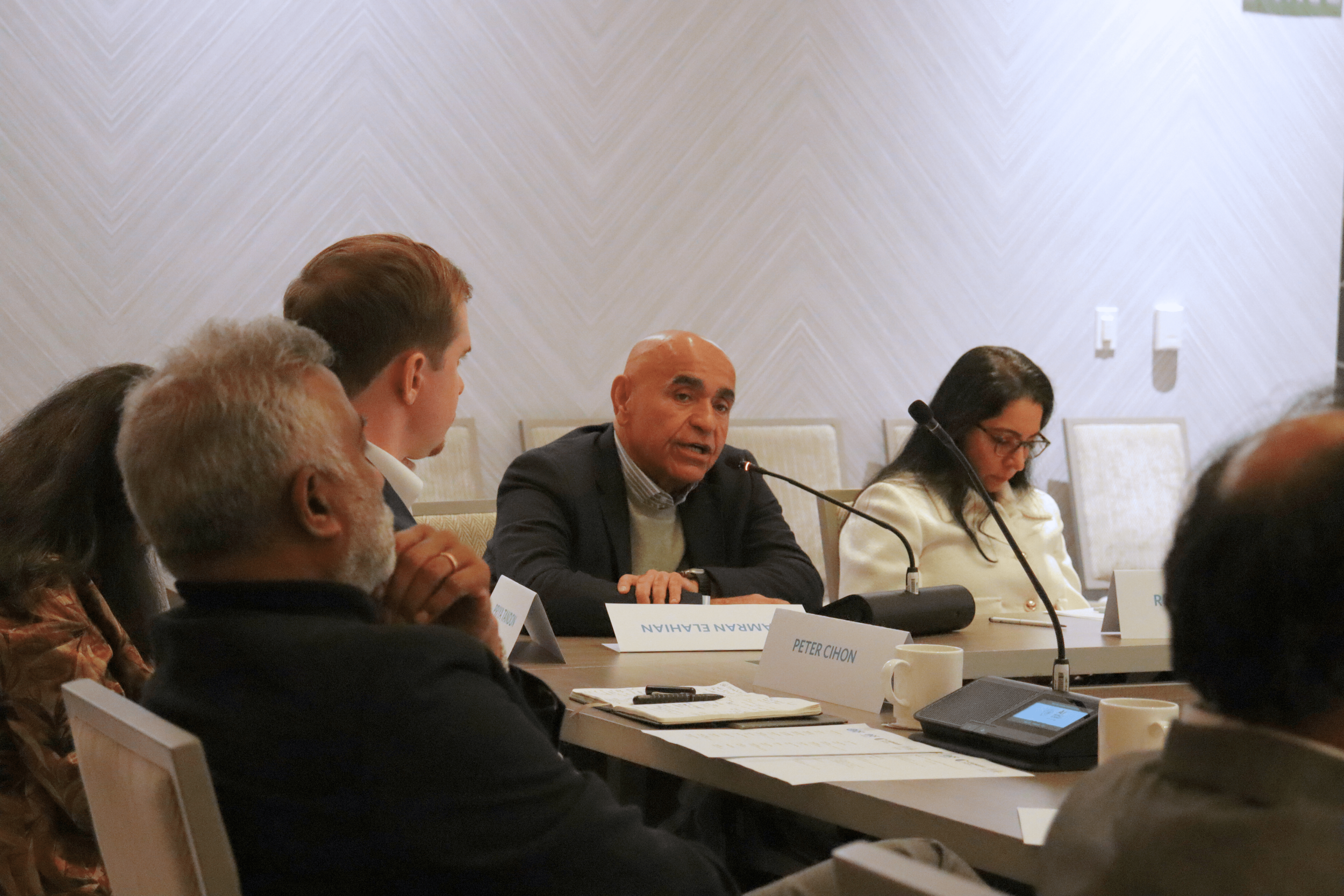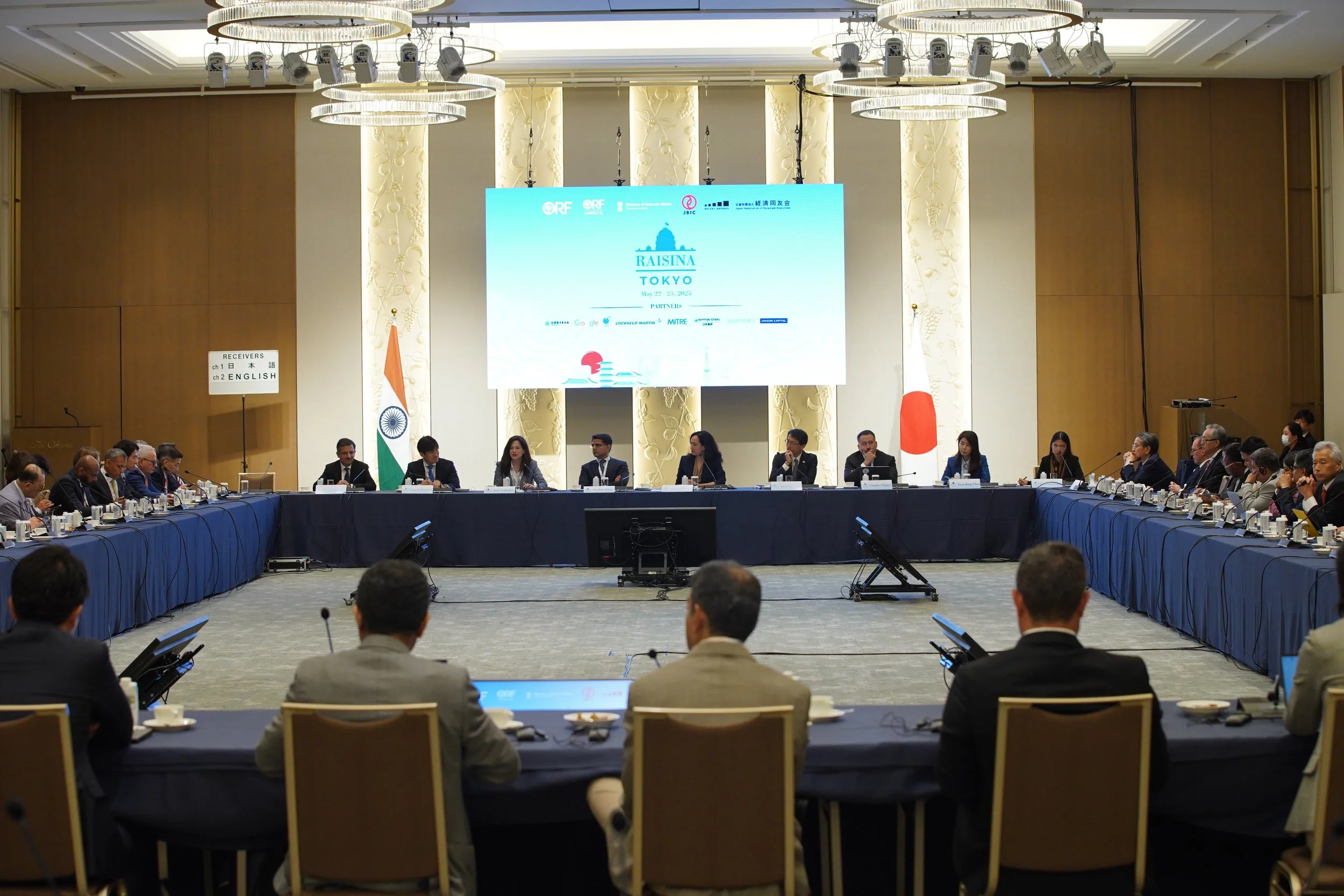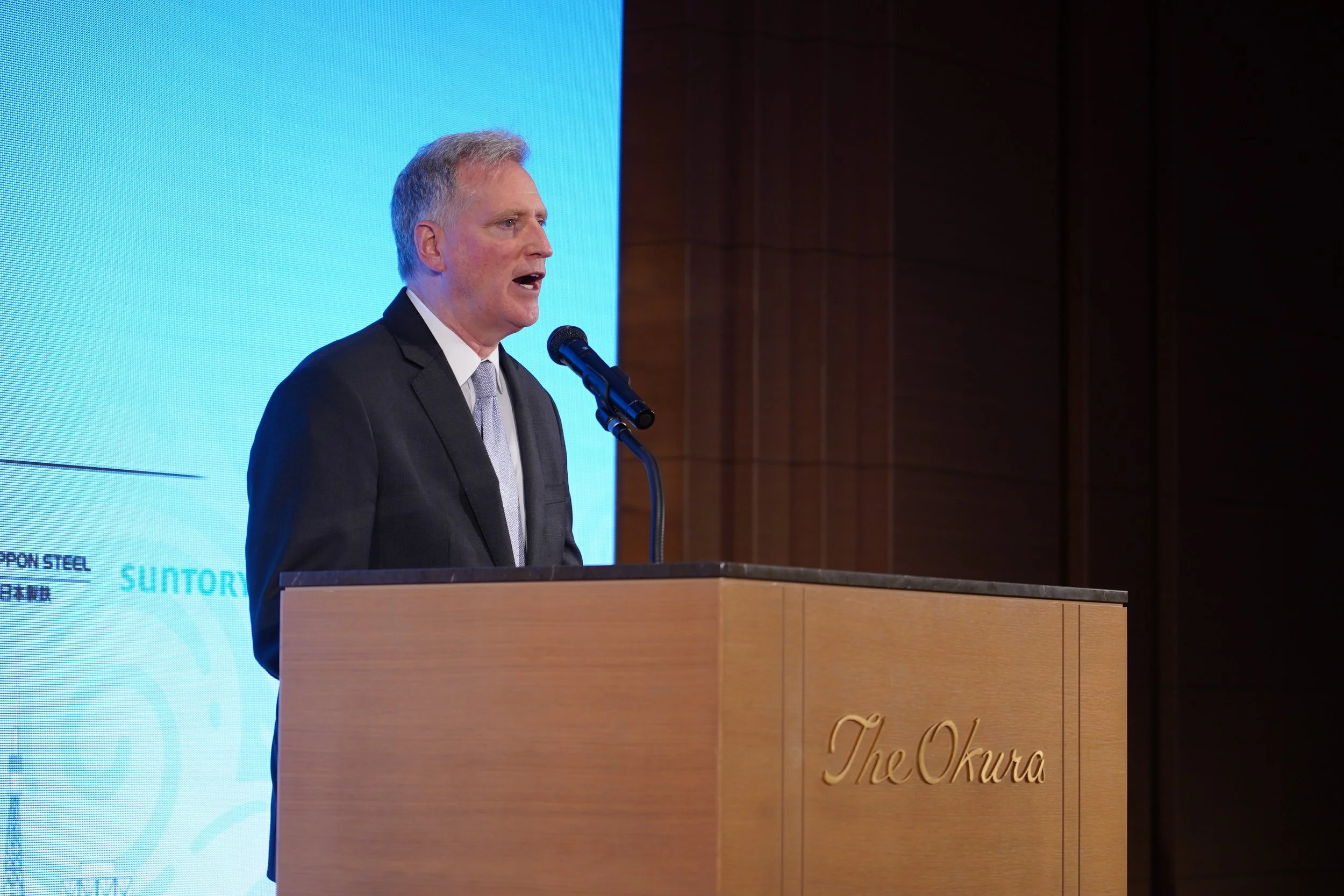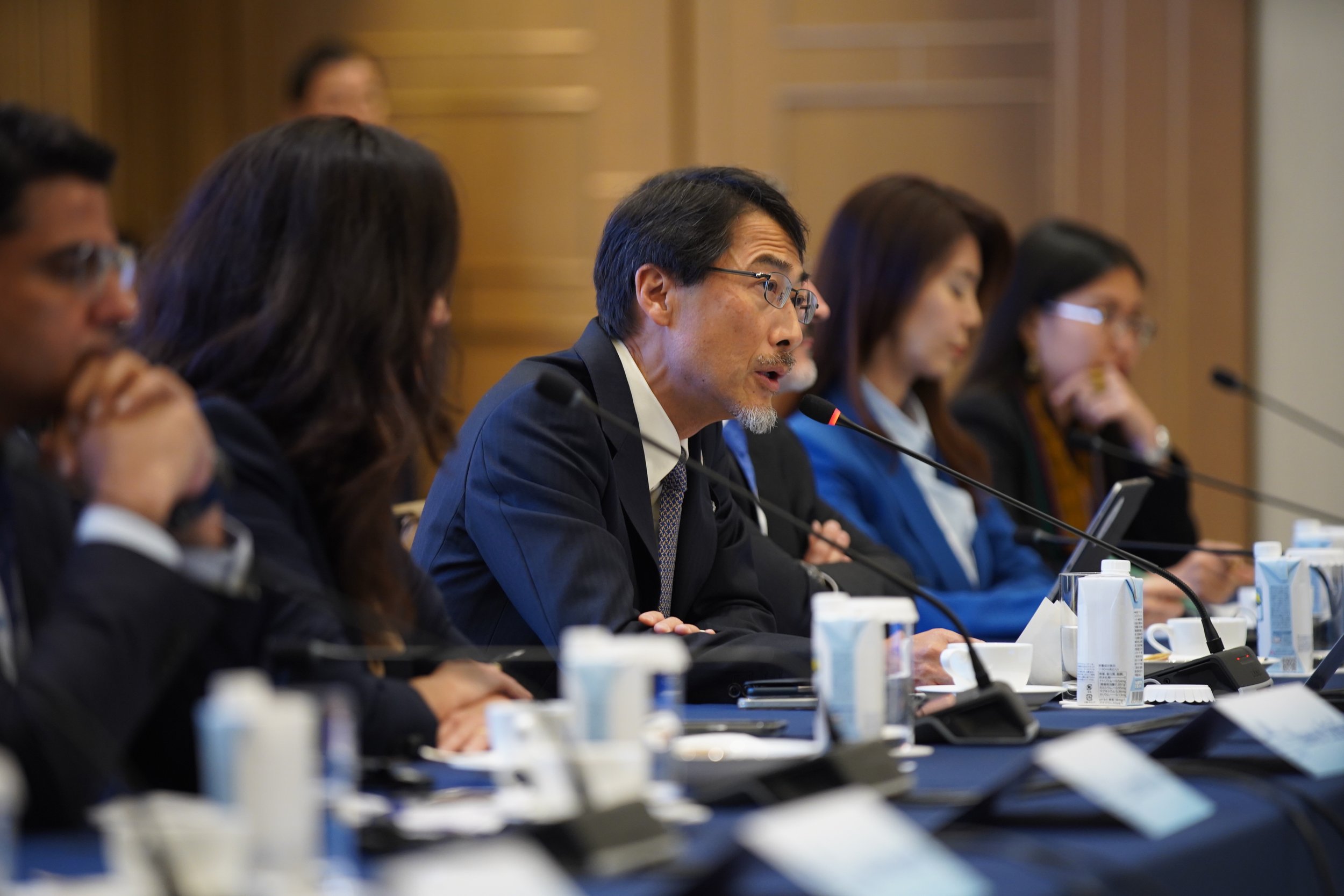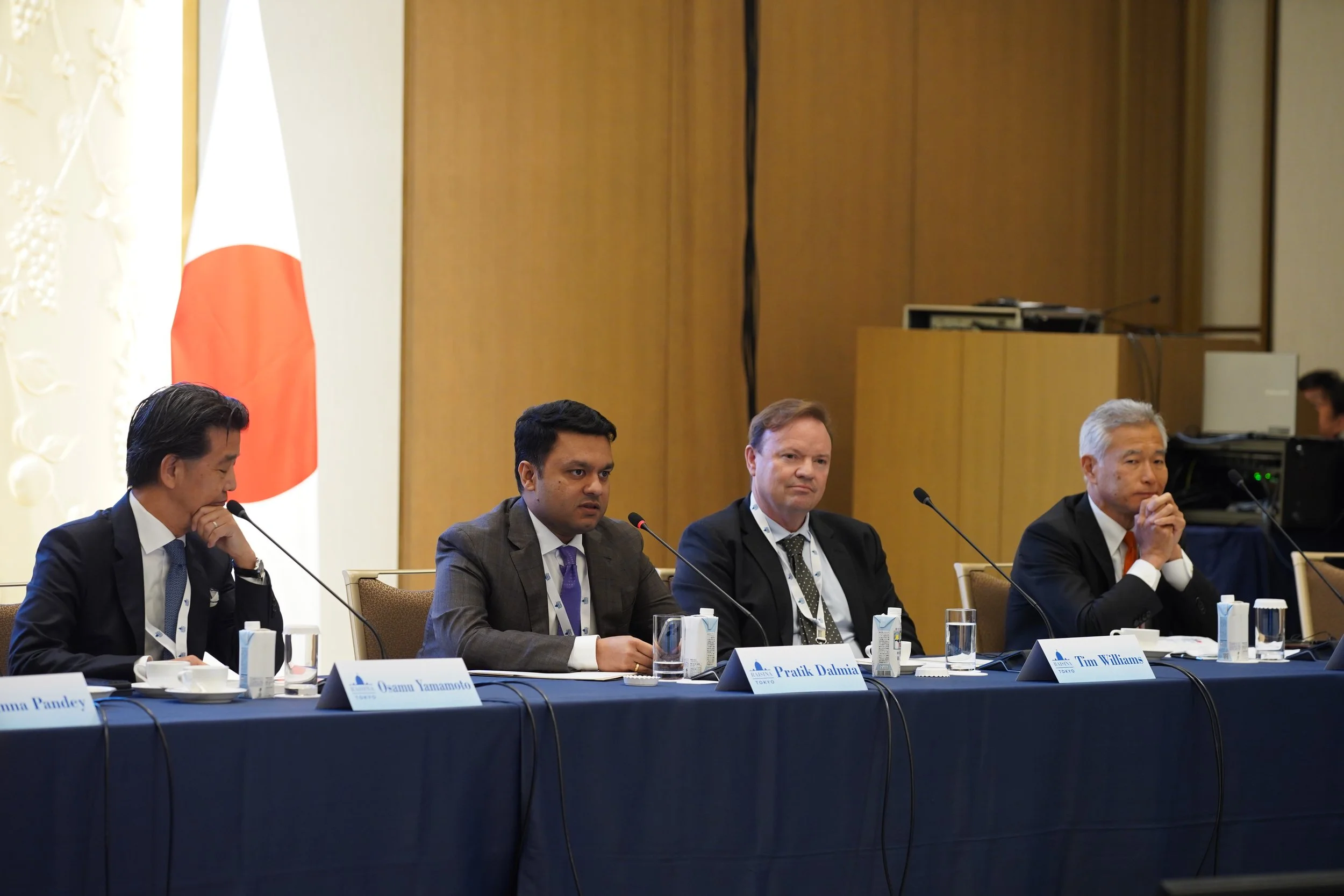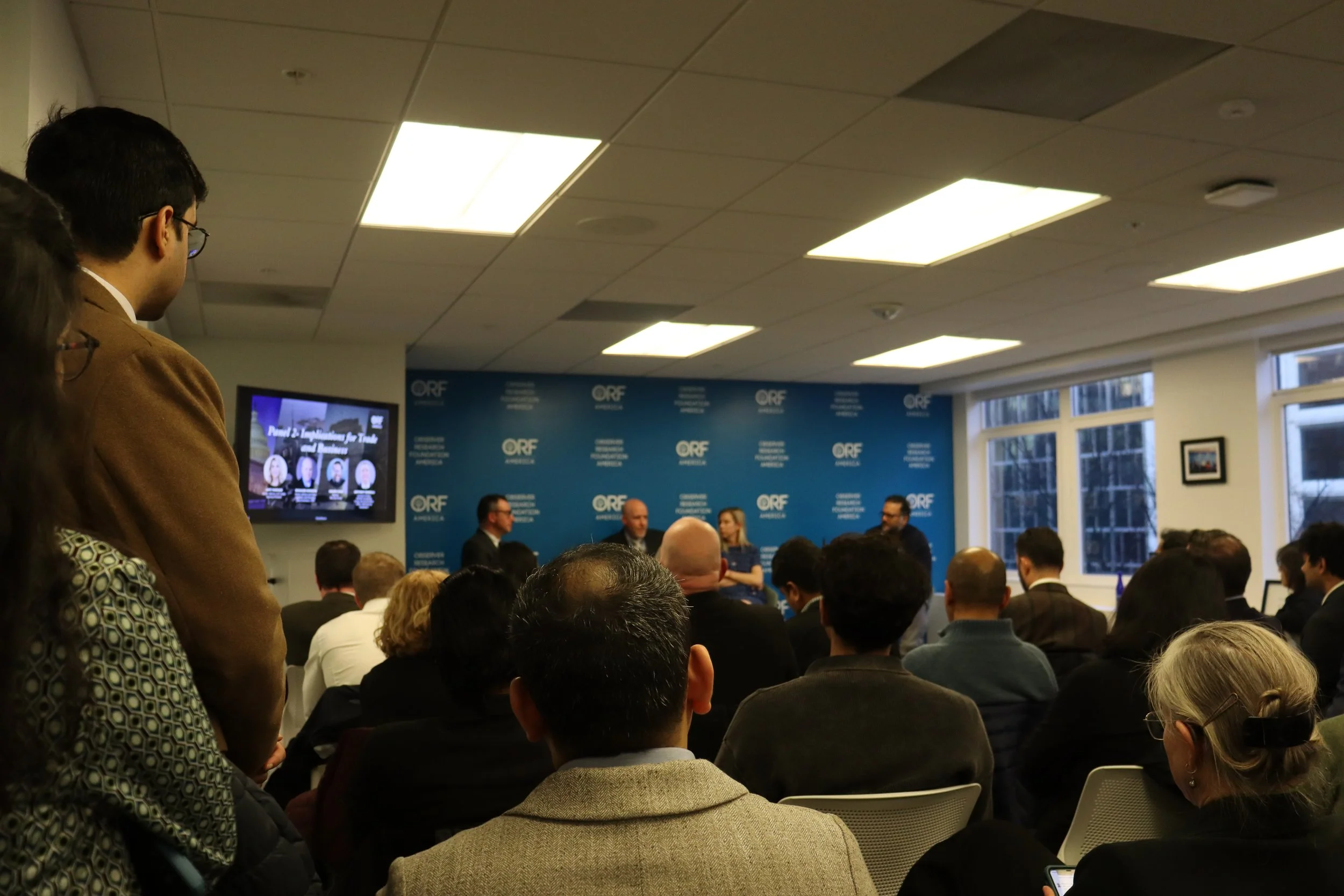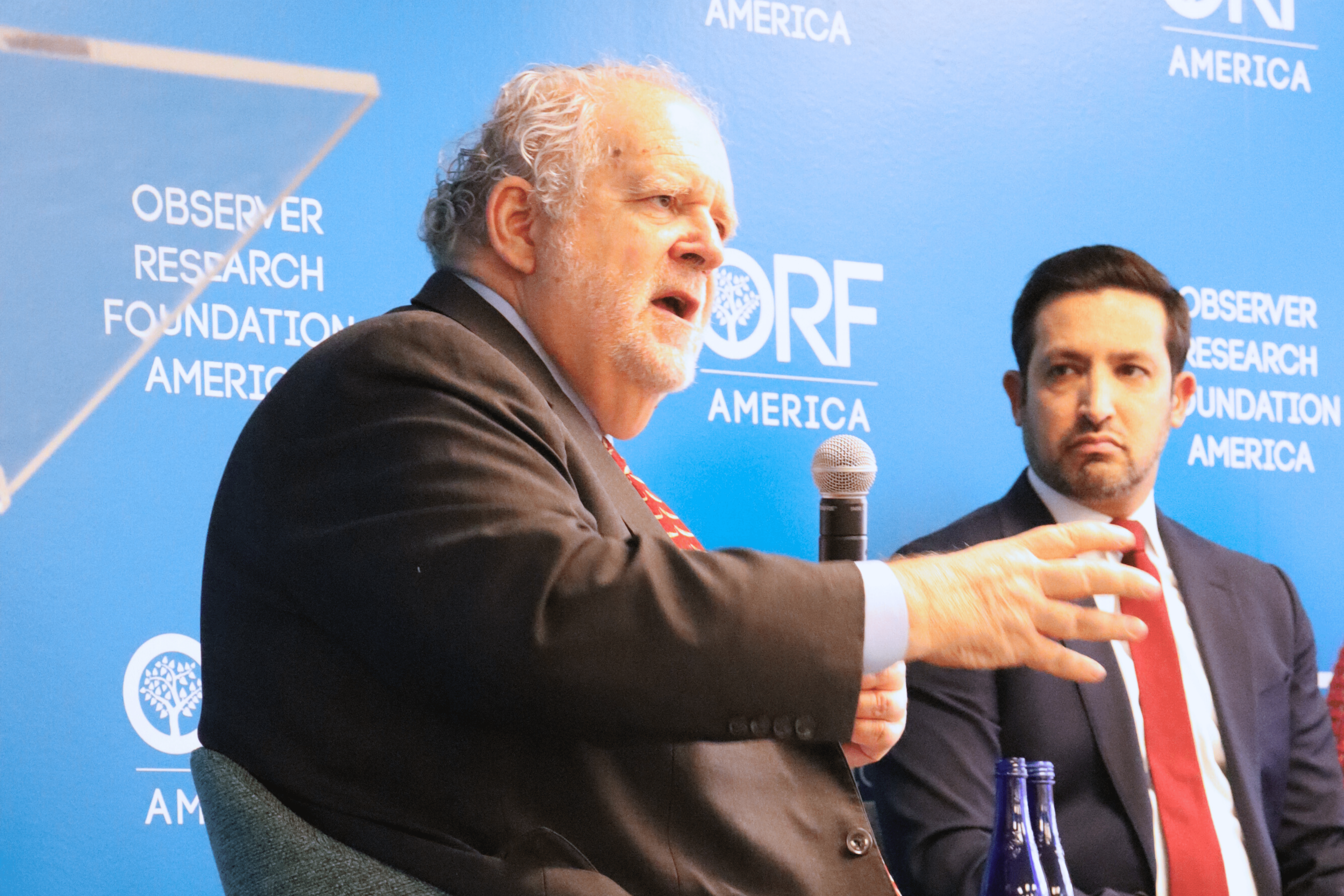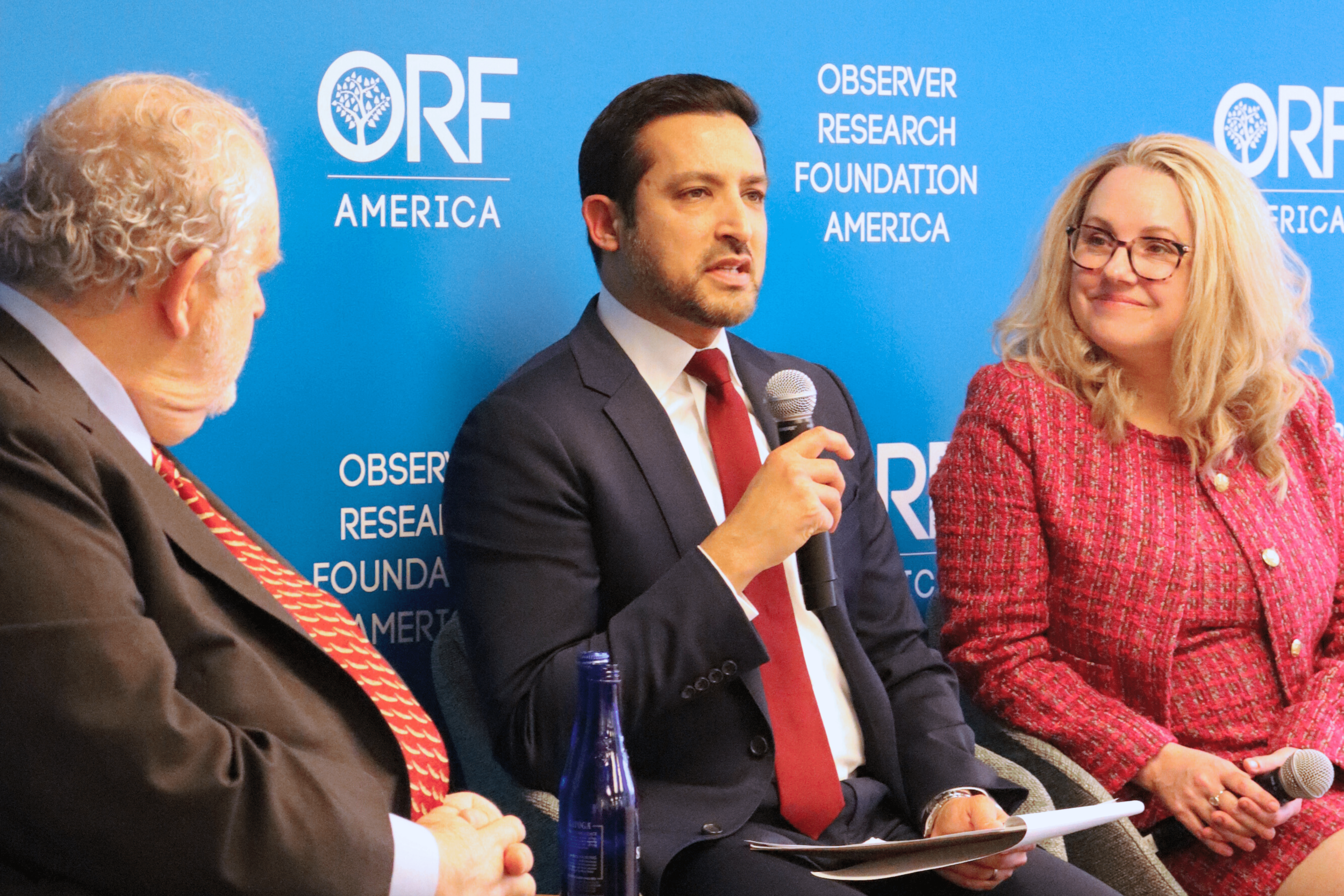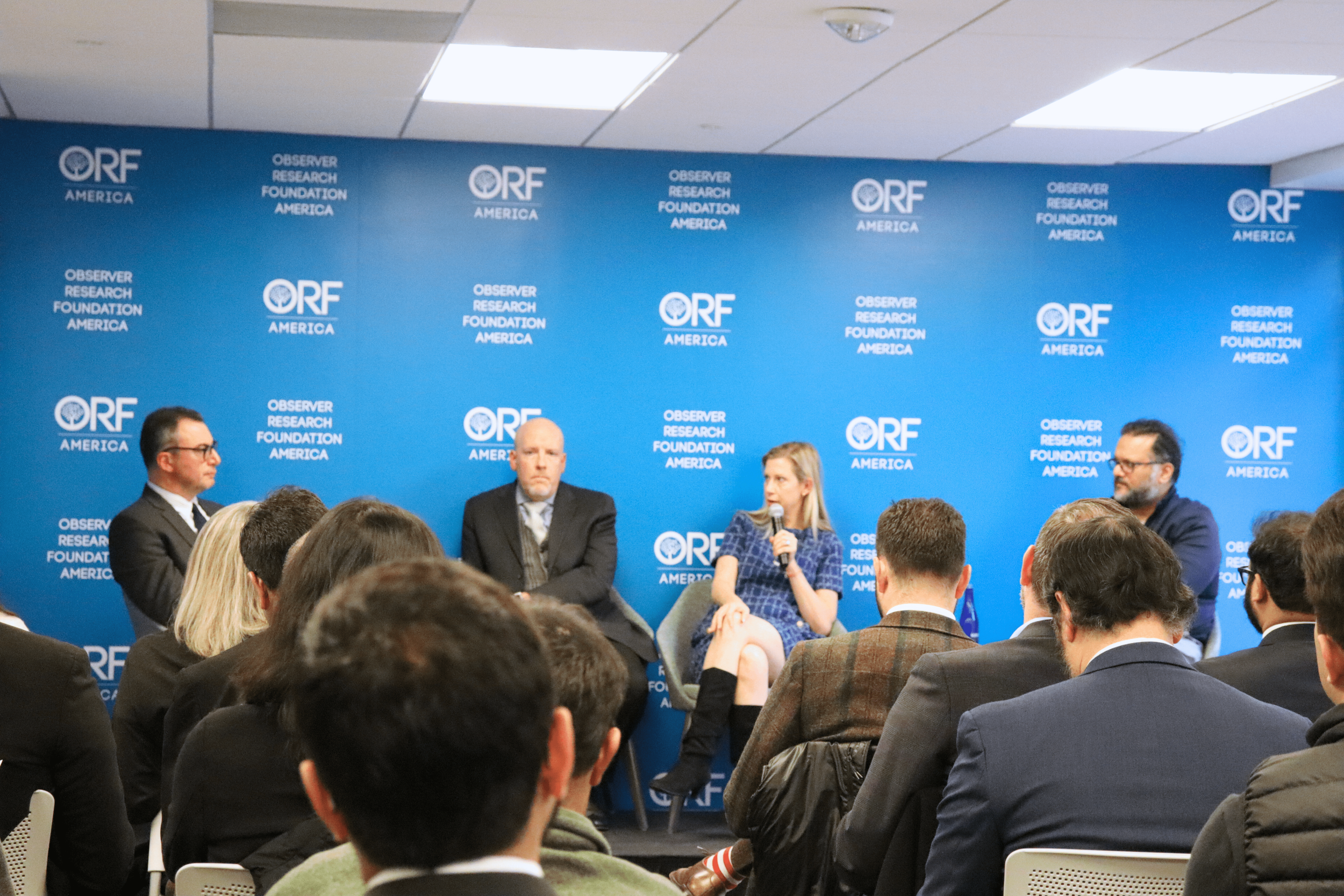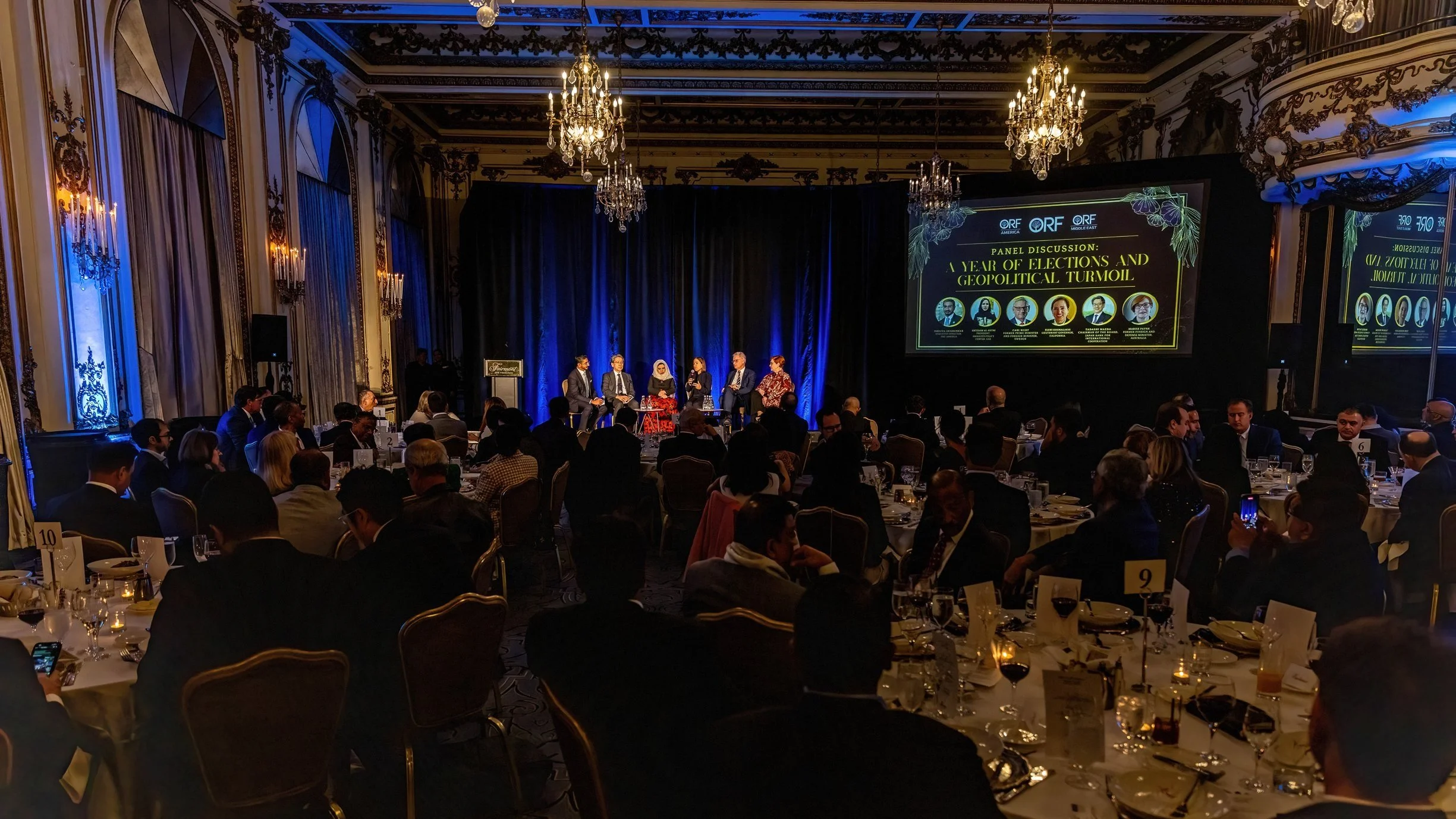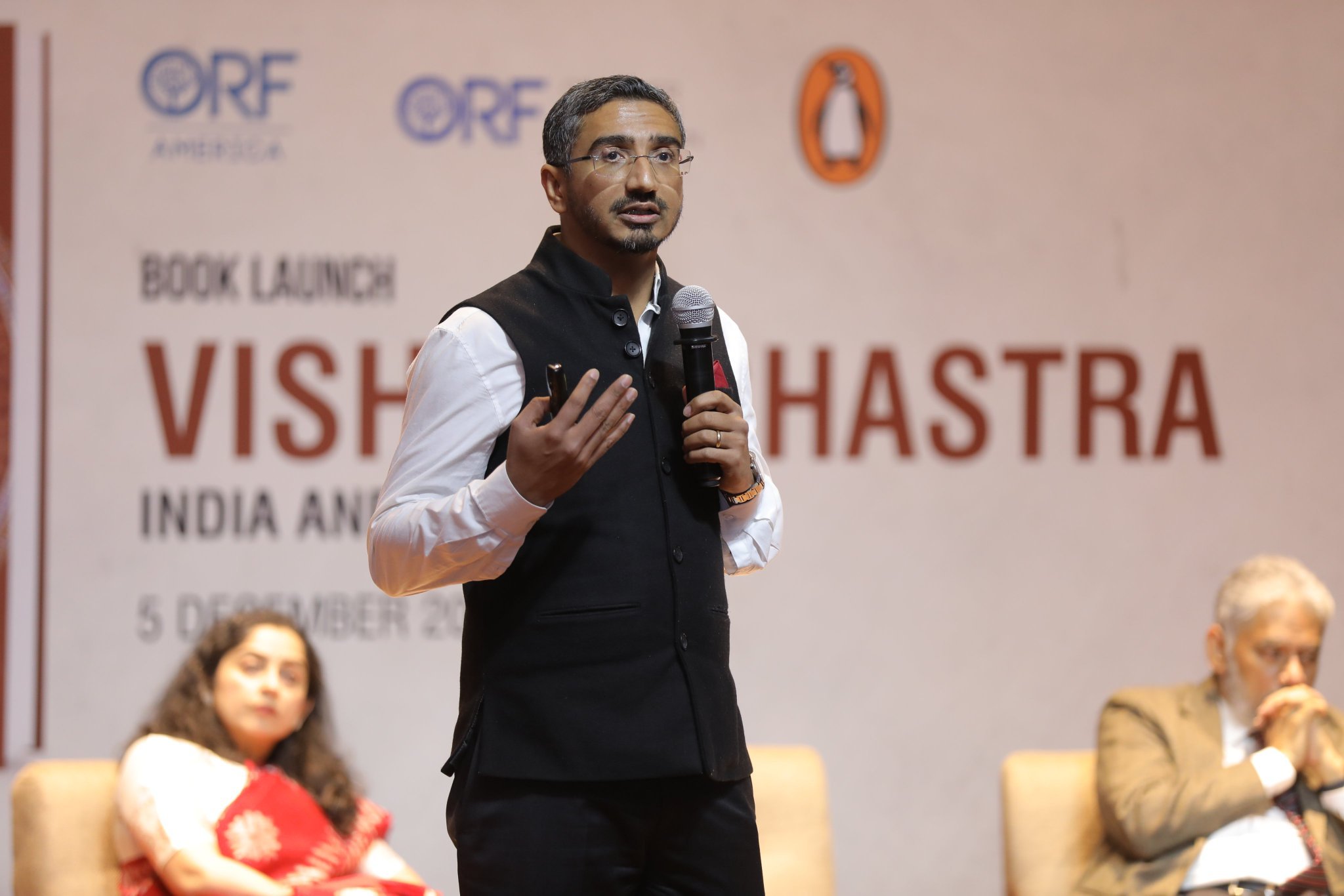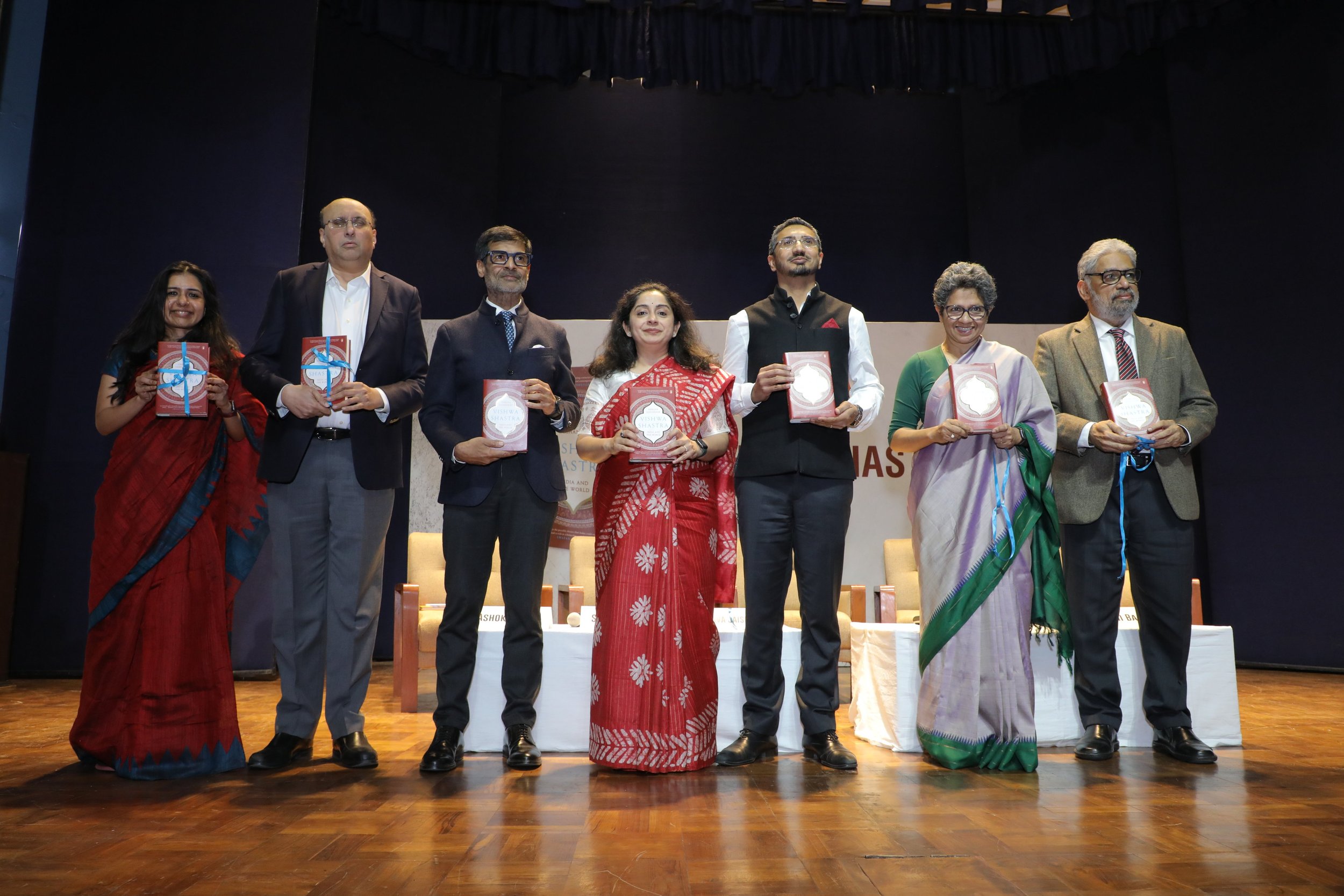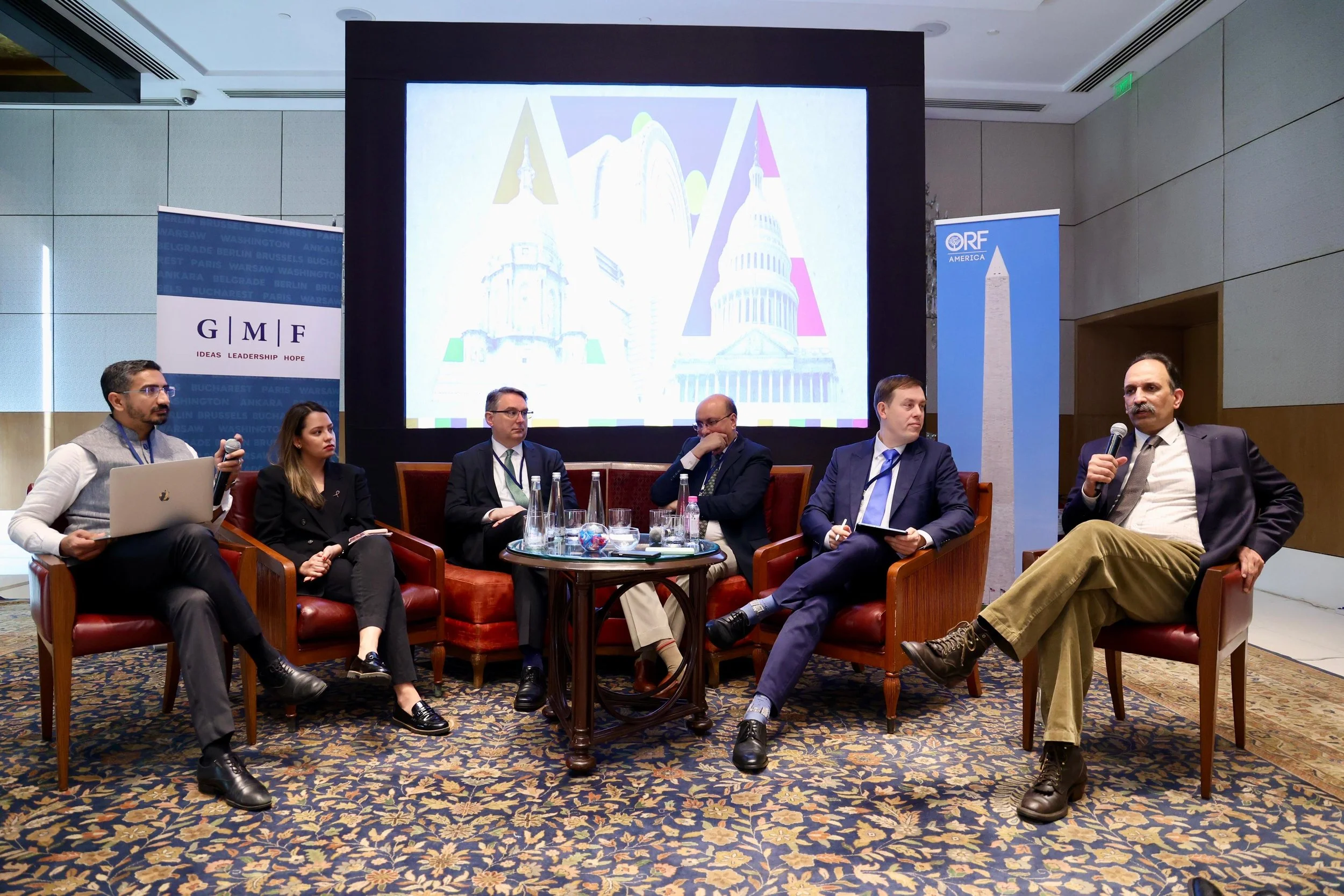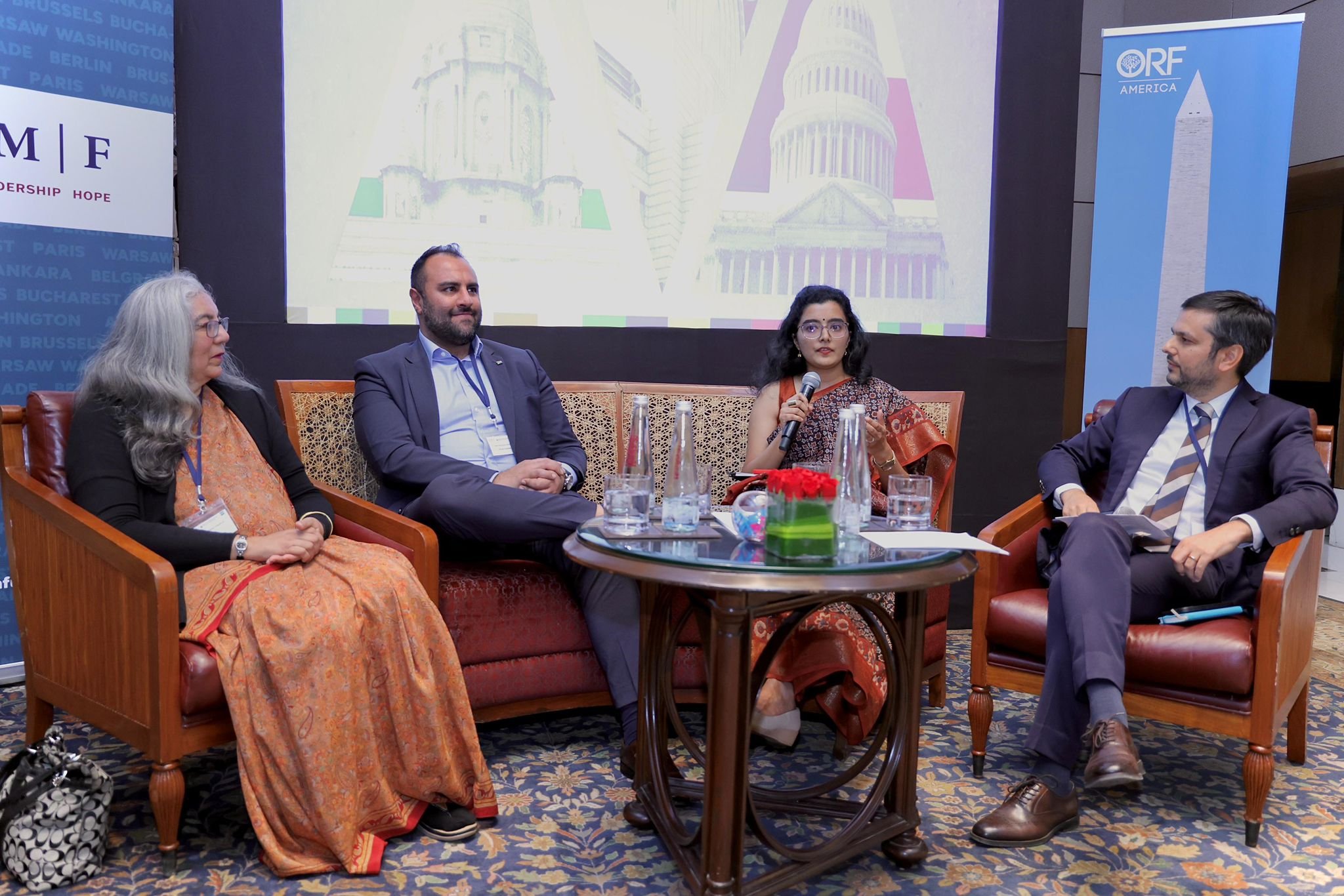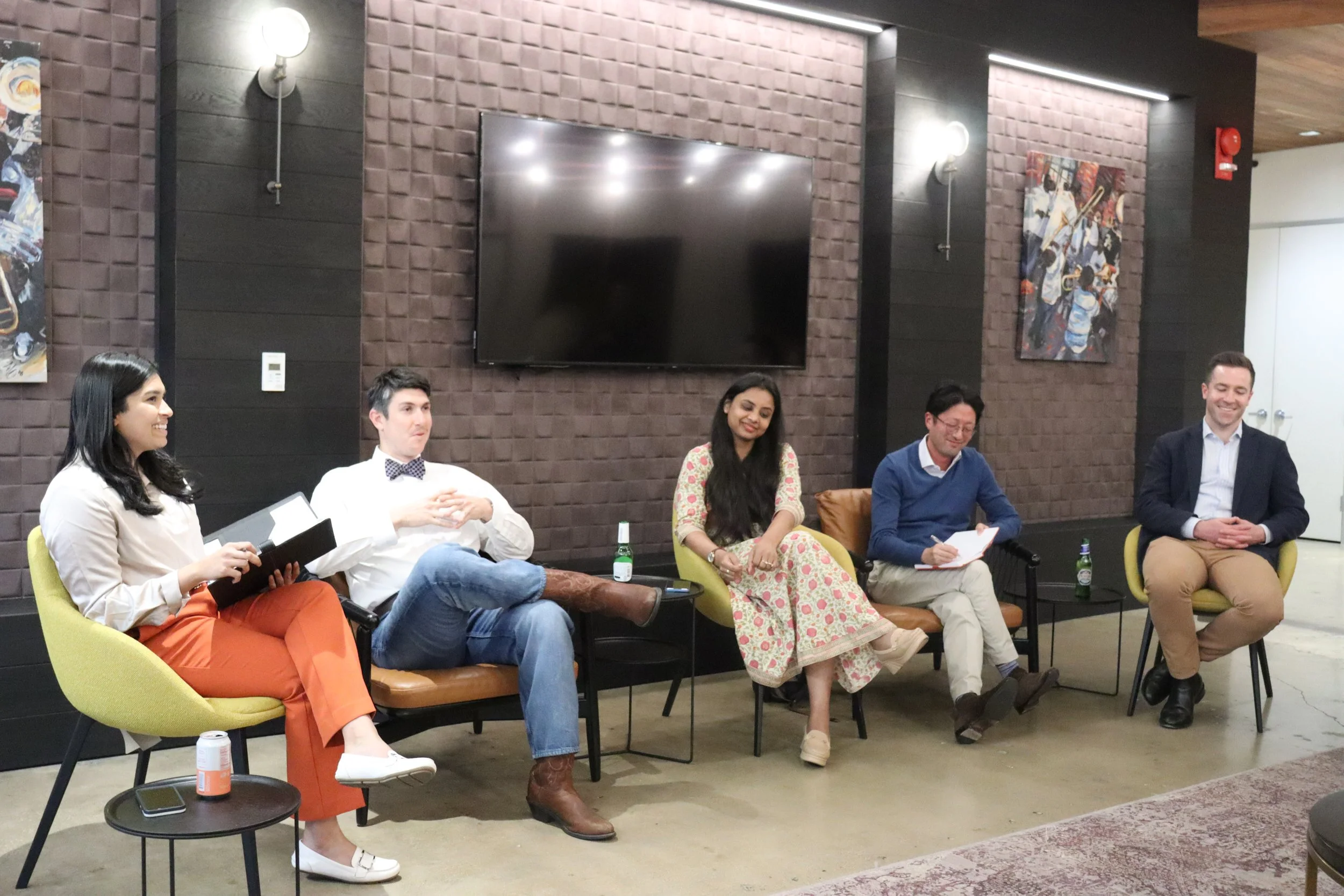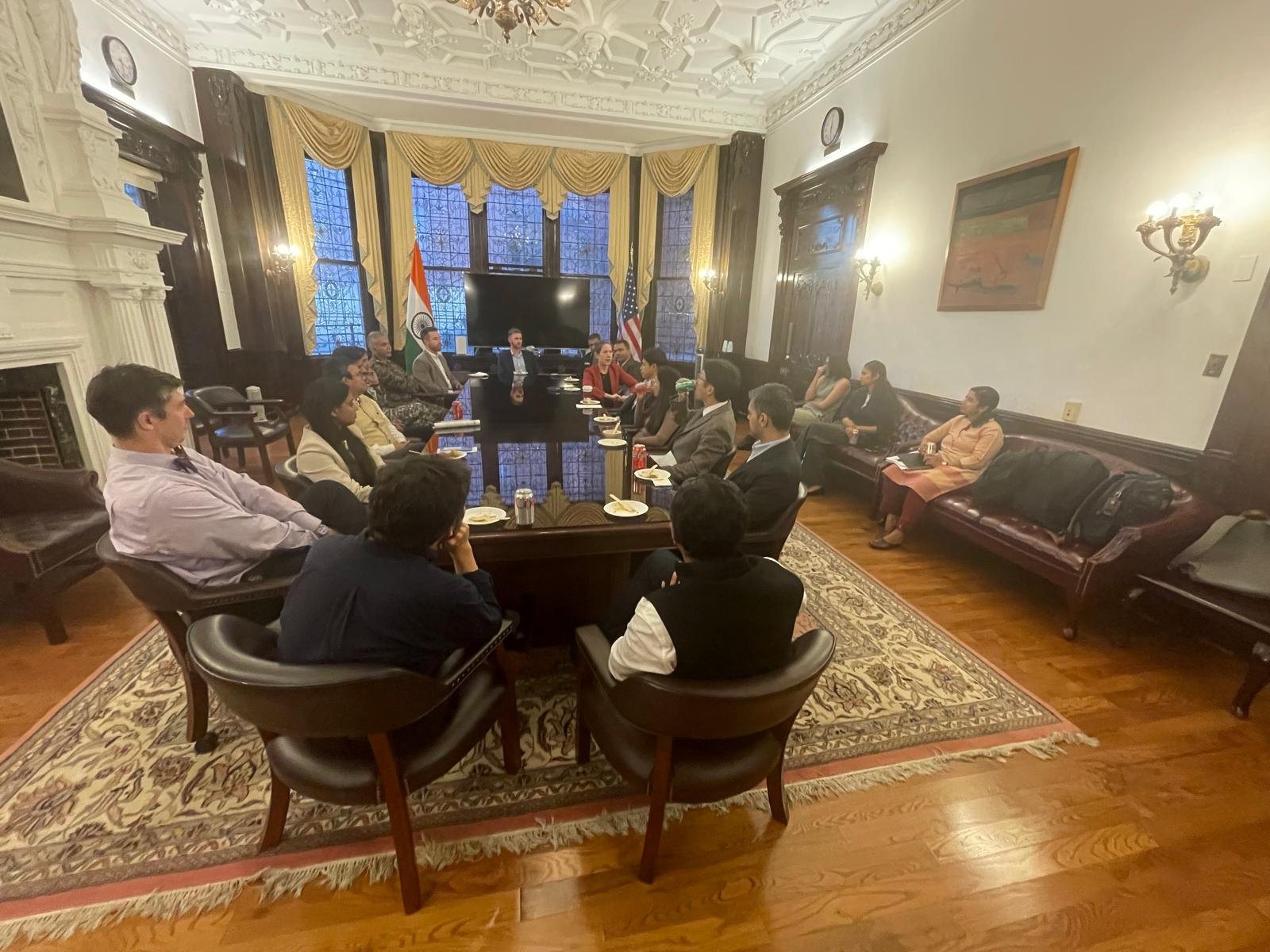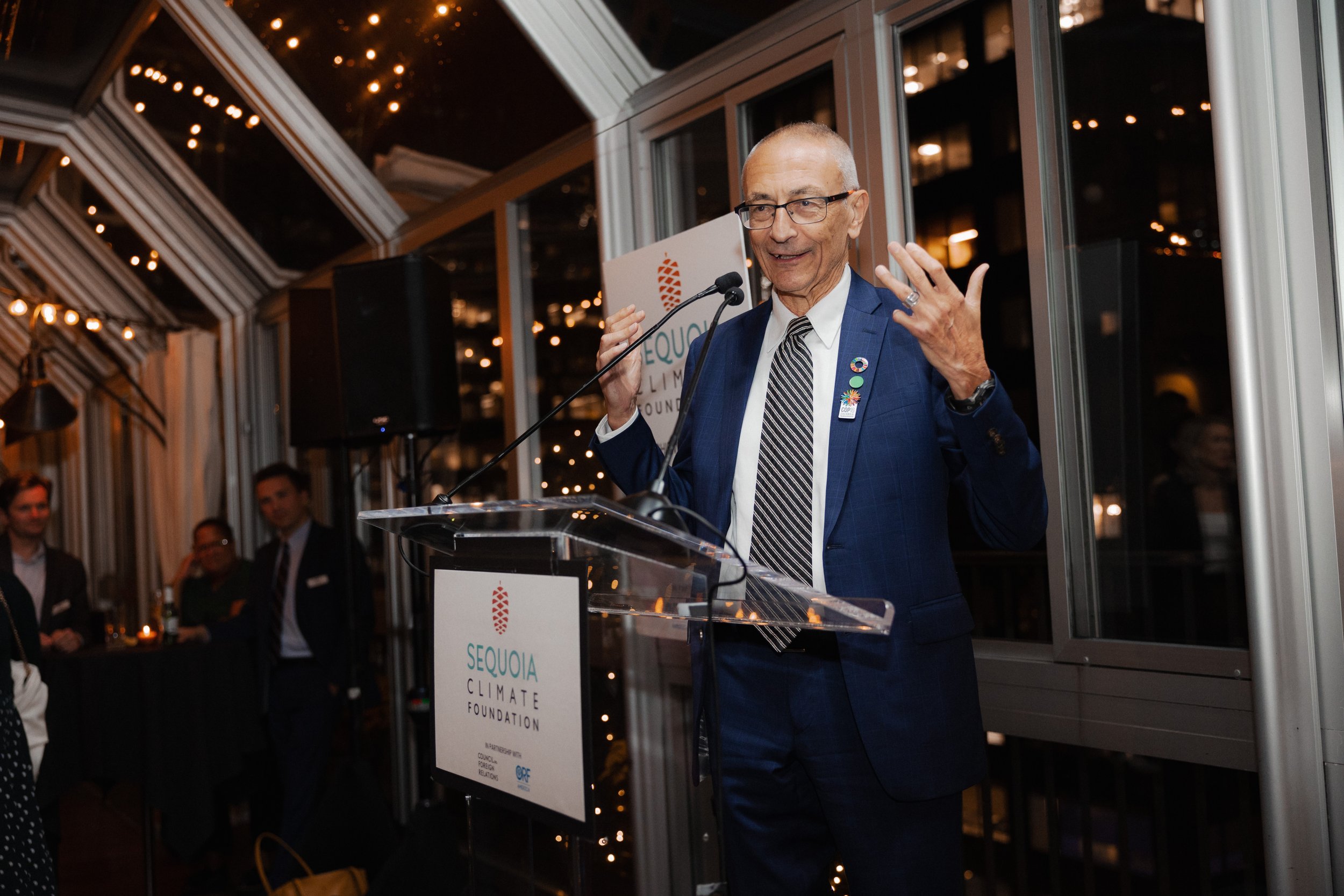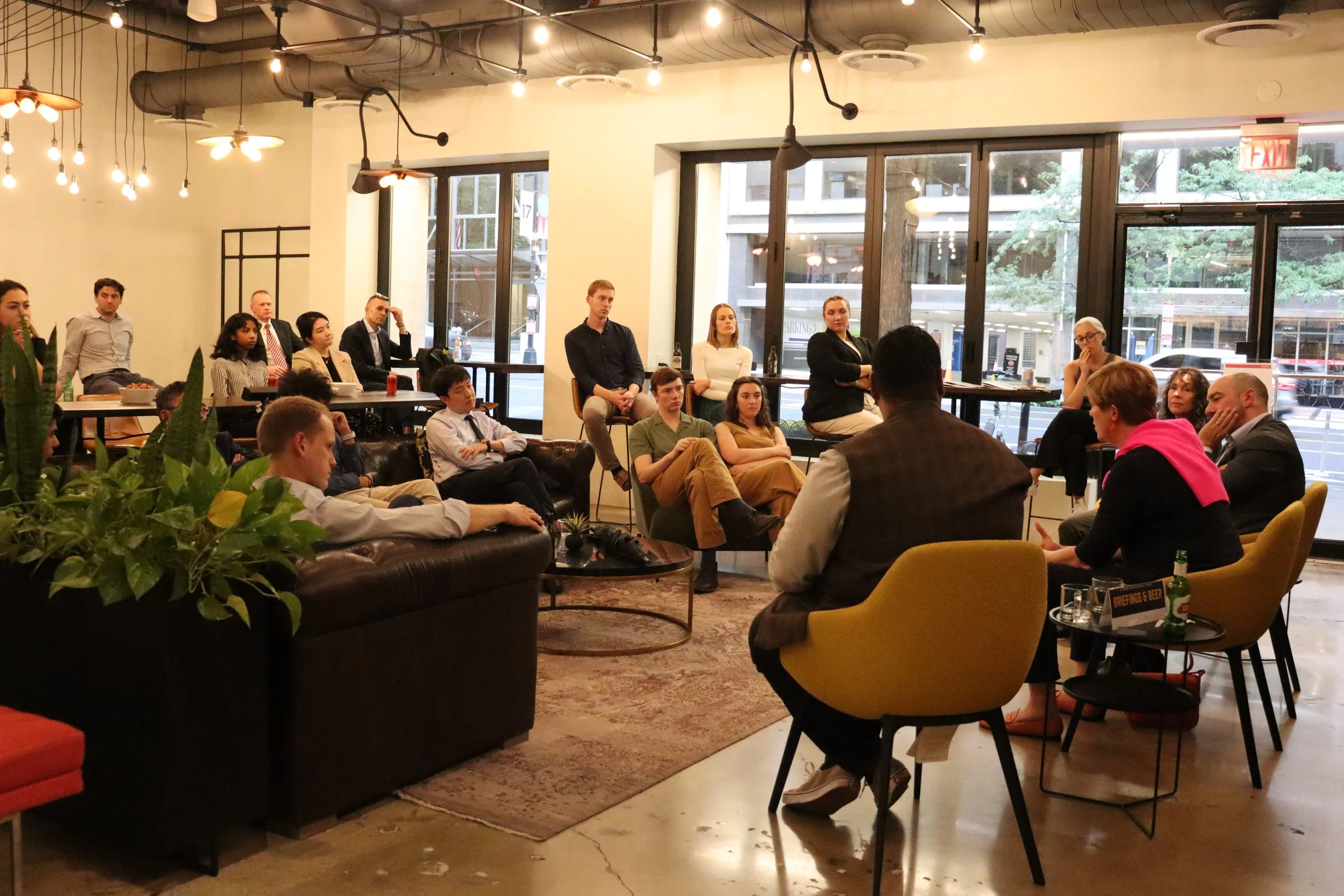The 25th edition of the India Trilateral Forum (ITF) in New Delhi was attended by over 50 experts and officials from ten countries including Poland, France, Germany, Netherlands, Denmark, and the United Kingdom. Since 2010, ITF has become the leading dialogue connecting top officials, strategic thinkers, journalists, and academics from India, Europe, and the United States. ITF is co-organized by ORF America, the German Marshall Fund of the United States, and the Swedish Ministry for Foreign Affairs.
ITF 25 took place on December 4 and 5. The conference opened with a keynote by Swedish State Secretary for Foreign Trade, Jakan Hevrell, and Secretary (West) of India’s Ministry of External Affairs, Ambassador Tanmaya Lal. Subsequent panels covered the implications of the U.S. elections, recent developments in India-Europe relations, and India-China ties.
Day 2 opened with the launch of the FourSight Task Force joint report and a briefing on the Quad. Other sessions covered trilateral cooperation in technology, with the Middle East, and with African partners. ITF 25 concluded with the launch of “Vishwa Shastra: India and the World” , a new book by Dhruva Jaishankar, at the Teen Murti Bhavan.
All panel discussions touched on various strategic questions. What will the foreign policy priorities be for the second Trump administration? Why is there a resurgence of India-Europe cooperation, particularly with Germany, the European Commission, and Poland? What is the future of the India-Middle East-Europe Economic Corridor? What is the future of India-China ties? What are the possibilities for Europe, India, and U.S. cooperation with African partners?
The key takeaways included:
The United States will have a more “Jacksonian” approach to foreign policy under Trump 2.0. It is expected that Trump 2.0 will carry forward the work of Trump’s first term in the Indo-Pacific and Middle East. The United States will remain focused squarely on China and its threats to Indo-Pacific security.
Trade, Ukraine, and regional security remain Europe’s top concerns vis-à-vis Trump 2.0. American conversations with European officials will be less about virtue signaling, and more direct and specific. Trump 2.0 will encourage European countries to make harder choices and assume more responsibility for their security.
U.S. priorities in the Middle East may not change drastically with Trump 2.0. This includes supporting Israel, bringing in Saudi Arabia into the Abraham Accords, and countering Chinese and Russian presence in the region.
The Quad’s purpose may not alter significantly. It will continue to focus on the delivery of public goods in the Indo-Pacific region. Through working groups, the Quad countries are seeking to address challenges in health, Artificial Intelligence, telecommunications, agriculture, and maritime security. Overall, these activities and initiatives by no means preclude the discussion of traditional security and military issues.
The future of India-China relations will be competitive and tense. Due to a lack of trust and worsening security perceptions, there is no change in the fundamental trajectory of the India-China relationship. Despite recent border agreements, trust has completely eroded between the two countries. India will continue taking concrete steps to decrease its economic dependence on China.
India and the United States will remain aligned on defense, technology, and regional security in Asia and the Middle East. Participants broadly agreed that the United States and India have shed “the hesitations of history”. China continues to loom large for both countries. Going forward, burden sharing will be key. India will make a case for how the United States can help India enhance its military capabilities and lessen its burdens in maintaining regional security.
The future trajectory is positive for India-Europe cooperation. India is now the fifth largest trading partner of the EU. In the last 18 months alone, India has had over 100 meetings with European countries at different levels, and is expanding engagement with the Baltic and Nordic regions. In the future, clean energy technologies, economic security, maritime security, and multilateral reforms are areas where India and Europe can enhance strategic cooperation.
India, Europe, and the United States will explore initiatives on trade and technology cooperation. Any scope for trilateral cooperation must focus on the delivery of concrete projects.
